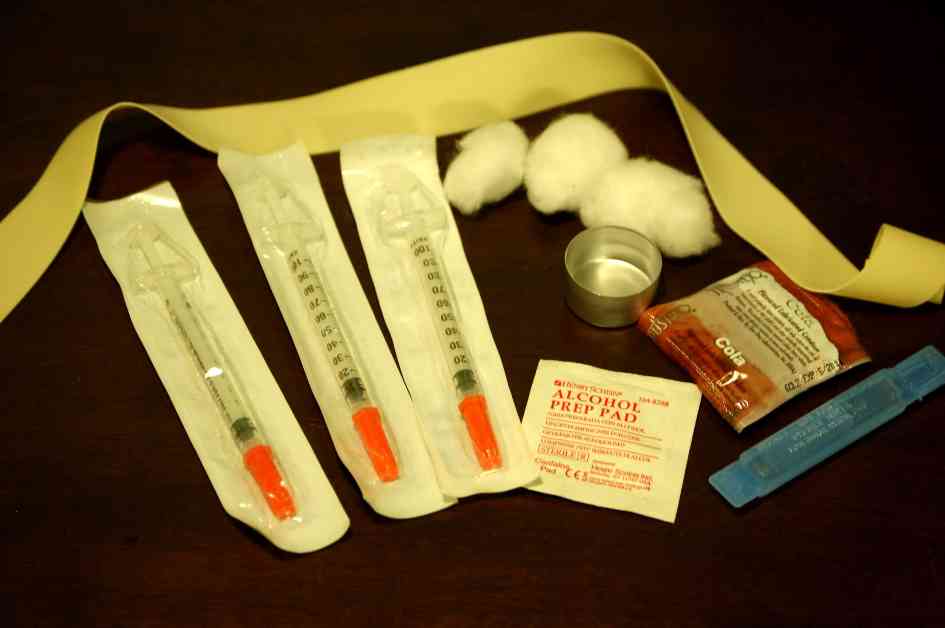An overdose prevention center (OPC), also known as an overdose prevention site, safe injection site, or supervised consumption site, is a place where people can use drugs safely without fear of arrest, harassment, or overdose death.
At an OPC, participants are given tools like sterile syringes, glass pipes, and drug testing kits to use drugs more safely. Workers at these sites are trained in overdose response, and medical staff are available to provide wound care and other services like HIV and hepatitis C testing.
OPCs also offer access to other resources that can be life-changing and lifesaving. For example, OnPoint NYC, the first legally sanctioned OPC in the U.S., provides free laundry machines, meals, counseling, computer classes, and acupuncture at their locations in East Harlem and Washington Heights. Many OPCs also offer medically assisted treatment, drug counseling, and information on rehab centers, but these services are not forced upon individuals.
State representative La Shawn Ford has been advocating for a pilot OPC to be opened on Chicago’s west side, where residents face high overdose death rates. While there has been some resistance from law enforcement and the City of Chicago, there are signs of support from city departments like Public Health and the Mayor’s Office.
OPCs are part of harm reduction, which is a strategy that includes safer drug use, managed use, and meeting people where they are at. The National Harm Reduction Coalition explains that harm reduction recognizes that drug use can serve various purposes and that abstinence may not be realistic for everyone.
Despite the evidence supporting the effectiveness of OPCs in reducing deaths and other risks associated with drug use, there are only two OPCs in the U.S., both located in NYC and operating in legal uncertainty. This is partly due to federal laws like the “crack house statute” that criminalize operating places for drug use.
However, there is a growing movement for change, with states like Rhode Island planning to open an OPC using funds from opioid settlements. Illinois could also benefit from such centers if there is enough political will to support them.
In conclusion, OPCs play a crucial role in harm reduction and providing a safe space for individuals to use drugs without the fear of overdose or legal consequences. As more evidence supports their effectiveness, there is a push for the expansion of these sites across the country to save lives and reduce the harms associated with drug use.


